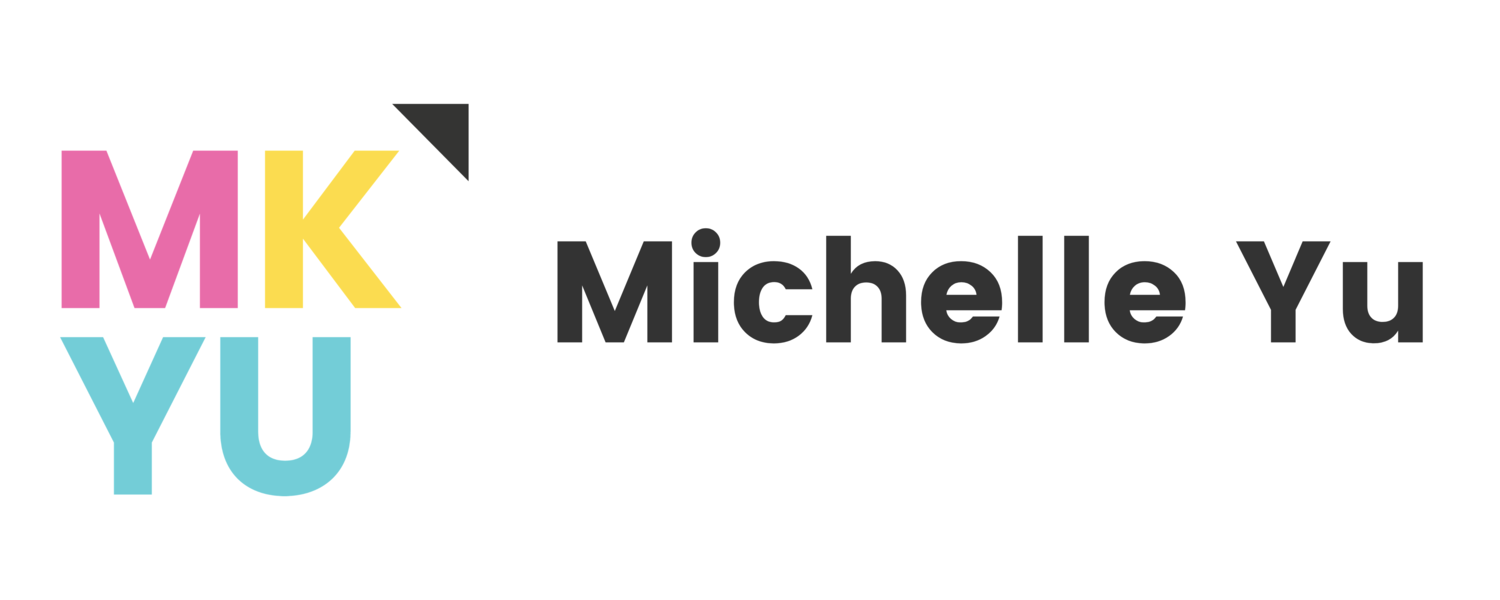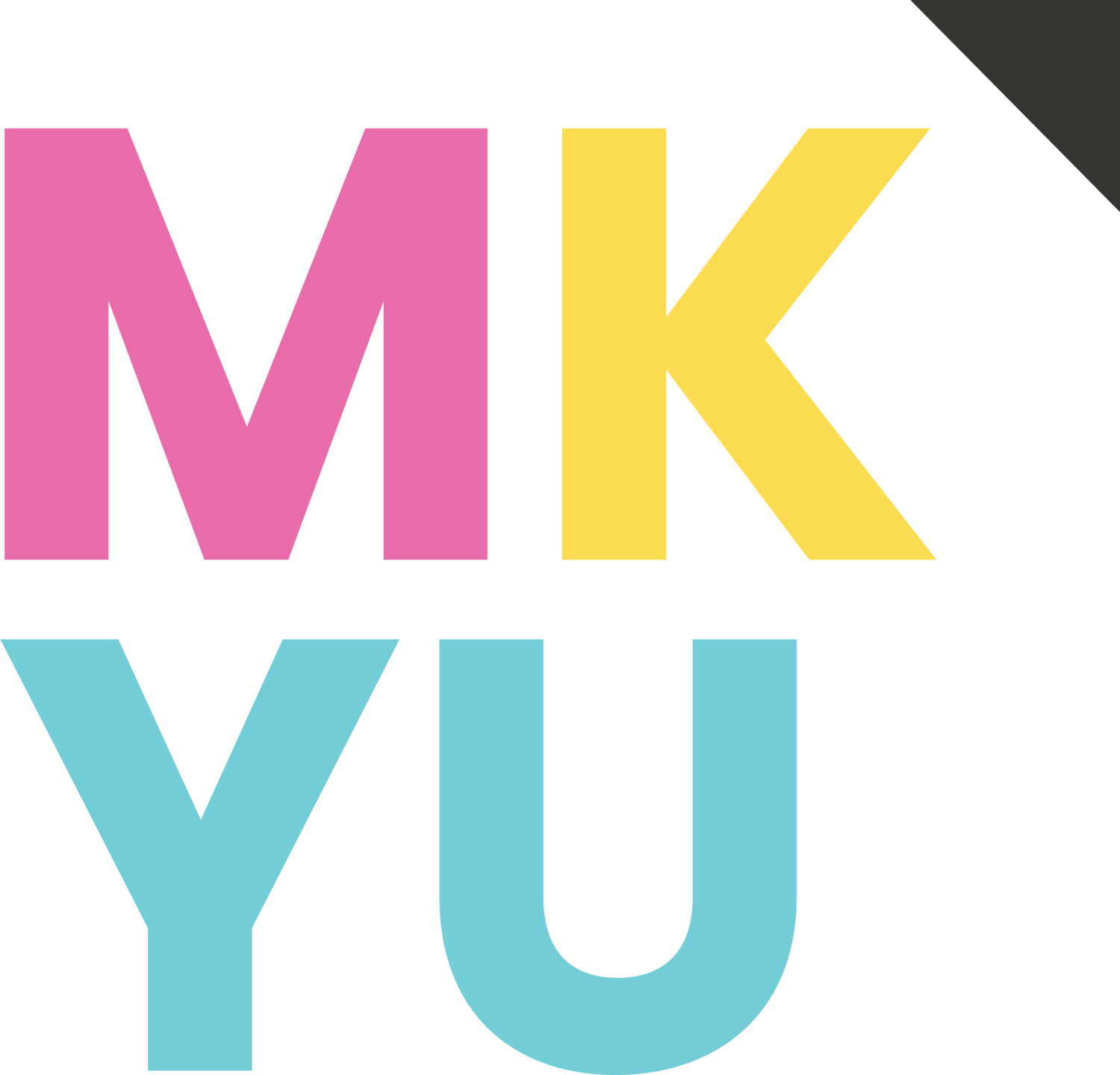Being Asian American in the Workplace
This post is inspired by and references Coqual’s (formerly Center for Talent Innovation) article on “The Power of Belonging.” Thoughts are my own, not indicative of any current or past employers.
It was one article that un-did a lot of the inner work and progress that I’ve made. This past year, my progressive mind has been wrangling in dealing with my own guilt and in realizing my own privilege. As with many who were shaken by the George Floyd incident and finally awakened to the systemic racial injustices that are still prevalent in our society and workforces today, I too took that as a harsh reminder to become overall more conscious - and to hence work on reconditioning my perspective of race, identity and unconscious biases in the workplace. I tried to better inform myself, challenge myself to new ways of thinking, and surround myself with new thought leadership on such topics. However, in doing so and being more mindful, I had failed to address my own unaddressed racial trauma, especially as it relates to the workplace. And it took one simple article and graphic to unwind all of that.
I’ve always considered myself a rather liberal and progressive individual, and the matters of diversity and inclusion were not new to me. In my 3rd year of college, after studying abroad in Shanghai, China as a second generation Chinese-American woman struggling with identity issues, diversity and inclusion (D&I) became something so deeply embedded within me. My own struggles with the dichotomies of balancing Eastern and Western methodologies, femininity and masculinity, so many other cultural values paved way for me as a young advocate to finally do something about it.
Post coming back from my study abroad trip, something changed within me. While there was a lot of partying involved, visiting the motherland was a true pilgrimage and rite of identity. Upon returning back to the US, my curiosity spiked and I wanted to take it a step further. I reached out to a white male professor of Sociology to create a student lead course called “Discrimination and Diversity,” and on my spare time as a 4th year undergrad, I enrolled in an independent studies course with a black, LGBTQ and vegan African American studies female professor, who in retrospect, taught me so much more than I could have ever imagined. I became obsessed with the idea and importance of diversity, that I wanted to be a Sociologist after undergrad, only to not get accepted into graduate school (twice) and to pivot (rather, be forced) into the corporate sector.
All these experiences paved the way for me to be an ever evolving, more conscious individual. But for some reason, the moment I entered into the corporate America workforce, my passion for D&I seemed to have vanished and wiped clear from my mind, as a topic I ignored and pretended didn’t exist. Instead of addressing whatever glass ceilings and bamboo ceilings that I was so accustomed to studying as a student, while in the corporate world, I just tried to stay focused and carry on, thinking that the pure meritocracy, hard work and output of my efforts would simple show up in for me and push me though. While in a way, yes I broke through and rose the ranks of corporate HR leadership fairly quickly in the Technology and Private Equity sector, what I ultimately failed to address during my corporate experience was the healing and severing of the anchors of race, ethnicity and gender that still unconsciously held me back in so many ways. I was too busy fighting in the ring, too busy to even recognize my own race and ethnicity, that I simply had no time to sit back and process or understand how it showed up for me on the daily.
Now that I’ve pulled myself away from the corporate hustle and have time to decompress and truly think, that’s why the article below rocked me to my core - especially this particular graphic. It was like this veil that “everything’s alright” and “I have things under control” suddenly cracked, revealing that I'm was not alone in my workplace struggle - I’ve never been alone in this struggle - and that maybe this was one of the subconscious drivers of why I left the corporate world to begin with.
According to this report released in June 2020, Asian women, are ranked at the lowest in the belonging scores, according to a report released by Coqual, a Diversity and Inclusion think tank based in New York.
In retrospect, I can see why and how, as a former director in leadership at a Fortune 500 firm, why I felt so out of place. Even now, when I attend coaching workshops and trainings, I am fully aware that I’m usually one of (if not, the only) Asian females in the room.
I should be thanking this graphic for releasing such intense feelings for me, because it made me question even deeper what’s been hiding underneath. Was this a reason why it contributed to my huge massive sense of ‘imposter syndrome’ as a senior leader? Was this the pandora’s box that my experienced, white executive coaches simply could not crack for me?
It’s a shame I didn’t have this realization a year ago, nor the proper resources to truly address the heart of the issue; had I known that I might have needed a different approach, tools and skills, then maybe I would have found a different coach who understood this struggle I was going through to address it head on. The closest question that I was ever asked to start uncovering this thread, came from my coaches, who in 2019 asked:
“How much is your fear of leading in the workplace related to your ethnicity or upbringing as a Chinese American woman?”
Was I choosing to leave the corporate world because subconsciously being a female, minority leader in senior management was becoming too challenging and stressful? Maybe. Am I now using entrepreneurship as a way to escape from this lack of belonging? Possibly. There are so many unconscious reasons that I may not even be able to consciously process, but I know I’m at the crux of something bigger and a much needed conversation is needed for those who look like me.
What I do know is that pretending to push on and pretend that everything is okay will no longer suffice. I also know that ignoring and failing to address limiting beliefs around race, ethnicity, sexuality is not the solution. There is more power speaking up and addressing it head on. I now have more conscious awareness to coach myself and others to process this on how to move forward. I also know that if I don’t do this deep inner work myself, my insecurities and blindspots will continue to fester and project externally. Me being silent and being in the passengers seat won’t do it any longer.
So here’s the first step to progress by starting to talk about it and speaking up. I’m on a mission, and here’s to the beginning of a stronger and more vocal Michelle in 2021.
I sat in on The Impact Leadership podcast with Jeff Nischwitz and Craig Matthew, where I talk very openly and dissect this even more.
Choose to Write Your Own Story: Moving From Being a Victim to a Victor


